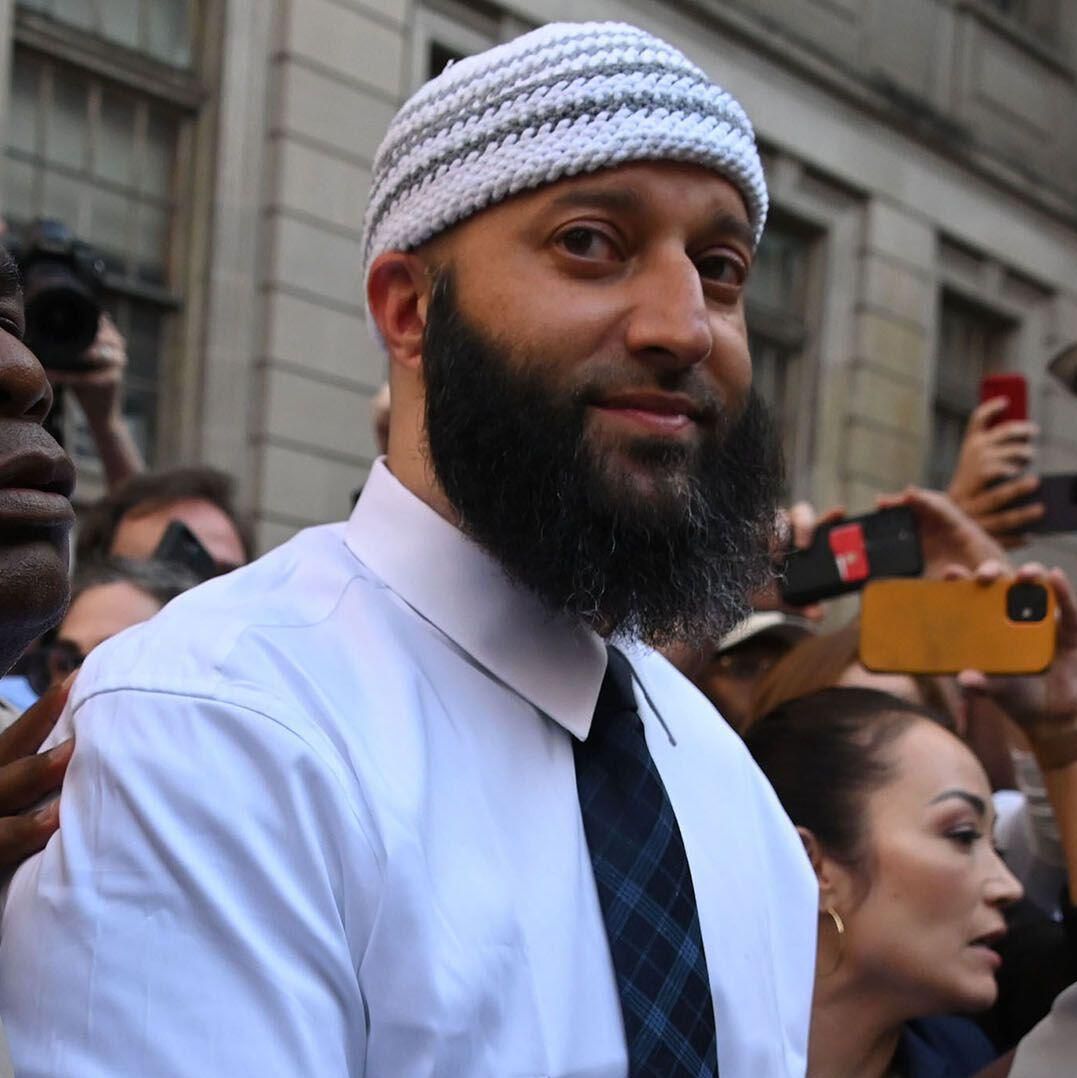Picture this. You are standing in a courtroom–possibly in neon orange gowns you had to wear while spending the night in county jail. Frazzled and drenched in sweat, you rise with your right hand up before a sea of onlooking jurors. Apparently, you are to testify your innocence for a crime you know you did not commit–but not just any crime. Murder–one of the highest capital offenses of all.
For a moment, you re-lived one of the most terrifying moments in Adnan Syed’s life. In 1999, Syed, a mere teenager, was accused of murdering his classmate and girlfriend Hae Min Lee. Despite his pleas of innocence, Syed was proclaimed guilty as sin at the time. As it turned out, revelations came to light suggesting that federal prosecutors working the case failed to turn over evidence that could have substantially aided Syed at trial. Now, as of last March, Baltimore prosecutors had dropped the changes against Syed in the “interest of justice and fairness.”
While many celebrate this occasion, I find Syed’s release to be bittersweet. On one end, it’s heartwarming to know that Syed can finally rest knowing that the world has finally learned the truth behind his girlfriend’s murder. On the other hand, it’s heart wrenching to consider that it took well over 23 years for Syed to clear his name, biding his time in a jail cell alone with his thoughts of disdain–knowing that hardly anyone truly believed him all those years ago.
That being said, the cruel reality that underlies criminalizing innocent Muslim citizens is perhaps worse than the sentence that Syed had to endure. As media coverage on Syed’s release quickly fades, we need to realize that situations like these are nothing new–and we have the post-9/11 fallout to thank for that.
In this regard, the Patriot Act has its fingerprints all over this issue. The legislation, while intended to oversee the “full range of terrorism-related crimes,” had been twisted to create a “witch hunt” against unsuspecting Muslim people. In 2011, for example, Boston-area pharmacist Tarek Mehanna was accused of abetting Al Qaeda by translating and uploading an Arabic pamphlet. The pamphlet itself contained unrelated protected speech that Mehanna was not asked to nor ever provided to the group. Despite this, he was sentenced to 17 years in prison.
The Patriot Act does not hold back on cognitively challenged individuals either. In one case, an informant convinced Rezwan Ferdaus, a mentally disturbed man, to “participate” in a plan to “bomb the Pentagon” while using remote-controlled airplanes. Ferdaus is now serving a seventeen-year sentence despite a lack of evidence suggesting that he had actually contemplated engaging in this act of violence or anything similar “before the informant contacted him.” Keep in mind that Ferdaus was being treated for mental illness at the time and required additional accessories like diapers to account for lack of control of his bowel movements. Completely disingenuous if you ask me.
Pakistani-American comedian Hasan Minhaj also touched upon higher authorities’ inclination to bait Muslim citizens into confessing crimes they never committed. In his latest Netflix comedy tour “The King’s Jester,” Minhaj recounts his teenage years, during which a white man called “Brother Eric” joined his local masjid in Davis, CA. Over the years, Eric assumed the role of the unsuspecting convert in the Muslim community. As it turned out, however, Eric was nothing more than an undercover FBI informant serving under the Patriot Act.
The most notable victim at the time, Minhaj describes, was a 16-year-old boy named Hamid Hayat. Hayat was arrested under similar pretenses, but this time, there was no leniency spared here. Hayat would serve 20 years in prison for giving a false confession to undercover authorities and only now has retained his freedom after serving the full sentence.
Even with a small sample size, you may realize that the criminal justice system has demonstrated its willingness to open cases that unfairly target our fellow ummah. And that’s just scratching the surface of what has become a fundamental safety and civil rights issue for our communities. If we are to prevent more tragic cases of criminal injustice in the future, we need to make continuous efforts to continue the conversation of fair due process of law for Muslim Americans in our daily lives. While it may be convenient to look the other way, knowing that these cases have been long resolved, we also have to realize that individuals like Syed or Hayat could just as easily be one of us. It’s only a matter of being in the wrong place at the wrong time.
*Pictured above is Adnan Syed leaving the courthouse following his retrial. He was convicted in 1999 for the murder of ex-girlfriend Hae Min Lee.
Credit: Alamy Stock Photo

